
Why Snapchat Dysmorphia Is Leading To More Plastic Surgeries

Have you been feeling a little too down about the way you look these days? Maybe you think that you’re not looking desirable at all. Could you possibly be worried that your personality is not enough and that your self-confidence is not attracting any good people towards you? Aren’t you spending enough time in front of the mirror, obsessing over your outer appearance? Well, as the millennials would advise you, Instagram, Snapchat and other platforms made for photo sharing would surely boost your self-appreciating tendencies and push up your confidence levels by a few notches. But if you speak to the doctors, they seem to be worried about the popularity and spread of these photo-sharing platforms, which can really warp your perceptions about yourself. And there’s even a term for it (albeit unofficial), Snapchat dysmorphia, which may not just consist of a few isolated cases. The term comes from the condition known as Body Dysmorphic Disorder or BDD.

BDD is a mental health condition in which you develop a very distorted view of your looks and appearance. It makes you obsessively worry and stress about your perceived flaws, and you may even start exhibiting compulsive behavior like checking yourself multiple times in the mirror, asking people repeatedly about how you look, groom extensively or even go to the extent of getting plastic surgery done which can be construed as entirely unnecessary. Snapchat dysmorphia is basically a form of BDD, which can be triggered by seeing far too many images on social media that are just unrealistic and heavily altered using various software and the likes. Let’s not have Snapchat shoulder the entire blame though, Facebook and Instagram have their own part to play in this game.
Something to worry about
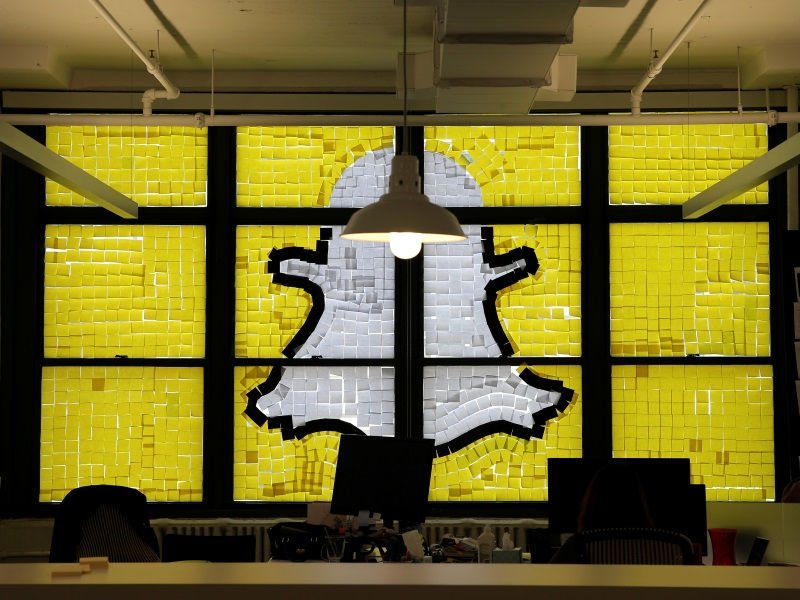
As explained by three professors from Boston University, Neelam Vashi, Mayra Maymone and Susruthi Rajanala, in their article published by JAMA Facial and Plastic Surgery, there was a time when it was an occupational hazard for models and actors to get their bodies and faces digitally altered with the use of photo editing technology. But this is not the case anymore. Now, by employing these free or paid photo-altering applications on their smartphones, any one could use filters and ‘beauty’ features to look more ‘perfect’ and like their favorite celebrity, minus the money and fame. What beauty features do we refer to? Well there are those by the means of which one could look thinner, taller, fairer, glowing, blemish-free, big/doe-eyed and what not! A lot of looks to choose from, but they all end up disappointing you, once you exit the app. These can have serious and very real consequences
Before you call your plastic surgeon…
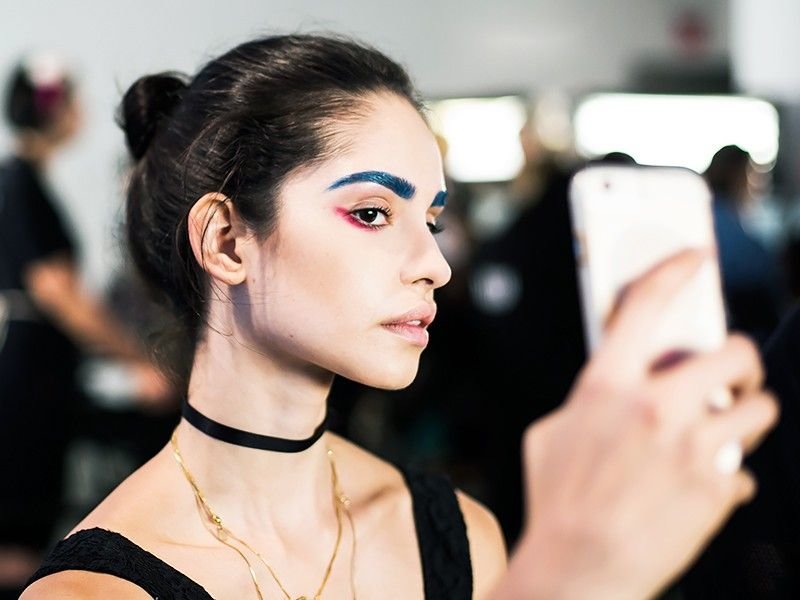
In the past, these unrealistic and down right fake images and perceptions have led to many emotional issues and eating disorders too. Although it is more common for women to have such issues, men aren’t safe from BDD, either. From seeking perfection on their social media pages and image sharing apps, people gradually move on to wanting these changes, permanent and for the long term. What is more permanent and long-term than these apps? Why, plastic surgery, of course! There have been a few cases where people have accessed digital image editors and filters to alter their selfies and images, to show their plastic surgeons and dermatologists, their ‘after’ images, referring to what they would want to look like post the procedure or surgery. The difference between just editing a selfies or image and actually undergoing a procedure to look like those selfies and images is big. Plastic surgery alters your face and body using incisions or chemicals, and there is no guarantee that you will look exactly like you thought you would. And when would the surgeries end, as those suffering from BDD may keep finding faults in their appearance?
Solutions, anyone?
So how should this new problem be handled? Well, there’s no point in disowning these photo-editing apps, as the cat is out of the bag already and the damage is done. We could never just go back to the times of analog photography where people had to be satisfied with however the image turned up, without requesting digital touch ups. Because digital technology is constantly blurring the lines, it will only become harder and harder to discern reality.

Thus the solution has to come from people themselves and not the technology being used. People and mainstream society are becoming way too obsessive about appearances and adhering to these set standards for how one should look. There are plenty of people who choose who to hire, listen to, watch on TV/movies, befriend and date, simply based on these superficial traits. People place more importance on how one looks rather than what their skills, abilities, talents and personalities are. As a rule of thumb, it is important to remember that if you can change something on ‘Insta’ or ‘Snap’, then it probably isn’t worth too much in real life.
More in Plastic Surgery
-
`
4 Simple & Efficient Tips to Keep Your Skin Glowing This Winter
If you are someone who has a proper skincare routine, you must be bothered by dry skin in winter. Do you...
November 2, 2023 -
`
Summer Vibes: 5 Ideas for Unforgettable Hangouts with Friends
Summer is the season for outdoor fun and creating unforgettable memories with friends and loved ones. Whether you’re looking for a...
July 5, 2023 -
`
What Do These Skin Problems Tell about Your Health Condition?
Some medical conditions are tricky to spot simply because they are hidden and almost show no symptoms. However, they can manifest...
June 13, 2023 -
`
Wellness Tips to Help You Get Rid of Your Winter Blues
Winters can be a tough season not just for our body but also for our mental health. The sun rises later than usual...
May 7, 2023 -
`
Exploring the Latest Skin Care Trends: What’s Hot and What’s Not in 2023
The world of skin care is constantly evolving, with new ingredients and treatments popping up every year. With so many different...
April 24, 2023 -
`
Celine Dion Values Her Skin So Much That She Dropped $2 Million For This Device!
Utmost focus has been given to skincare, especially during this quarantine season, as more and more people opt to take care...
April 11, 2023 -
`
Samuel L. Jackson is a Vegan and He’s Not Ashamed to Admit it
Samuel L. Jackson, the iconic Hollywood actor, has been expressing his preference for vegan eating since August, 2018, due to some...
April 6, 2023 -
`
Terry Crews Uses THIS Technique to Maintain his Impressive Physique
Crews is a big boy. The Brooklyn Nine Nine actor maintains his weight at 245 lbs and being this bulked up...
April 5, 2023 -
`
The Most Famous Procedures in the Plastic Surgery Capital of the World
If you think that the United States is the place where the most number of cosmetic surgeries in the world happen,...
April 5, 2023

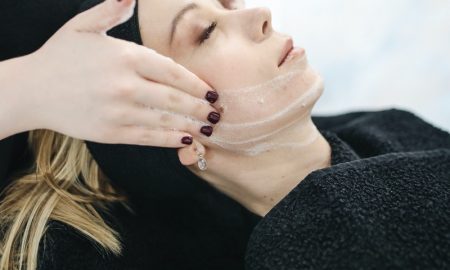

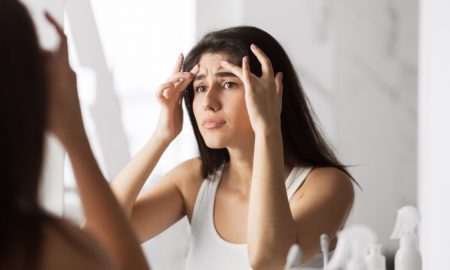

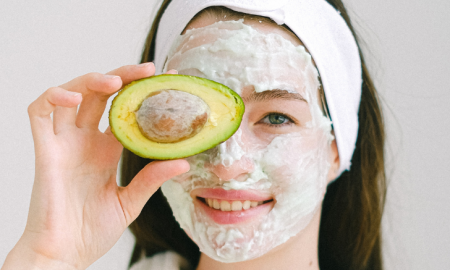



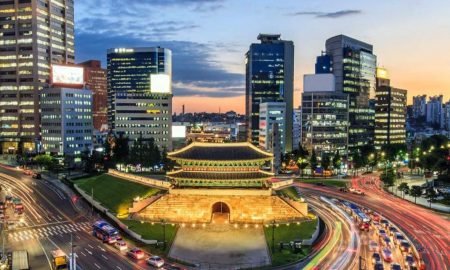



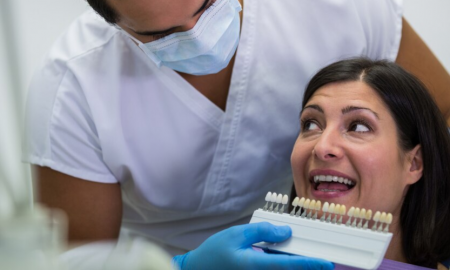
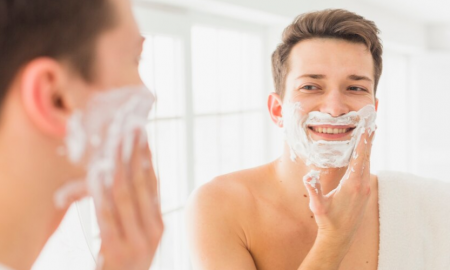
You must be logged in to post a comment Login